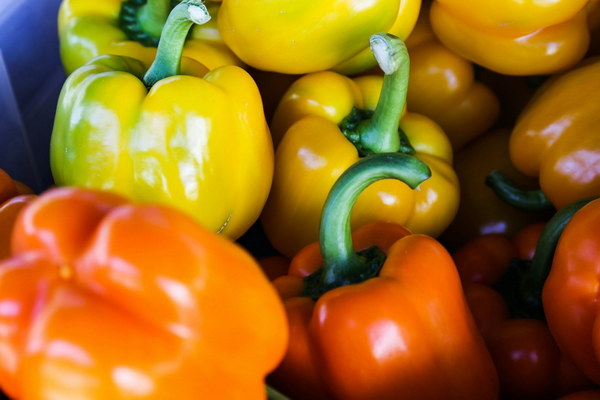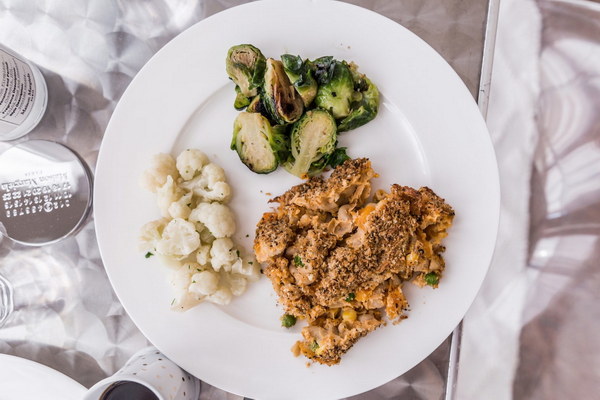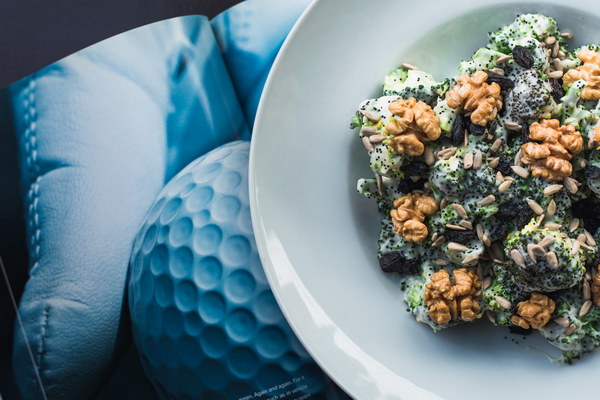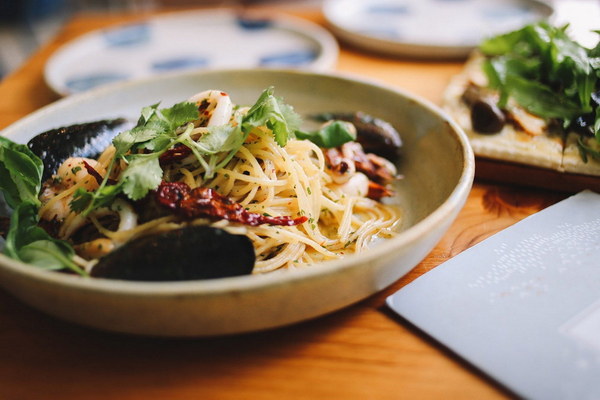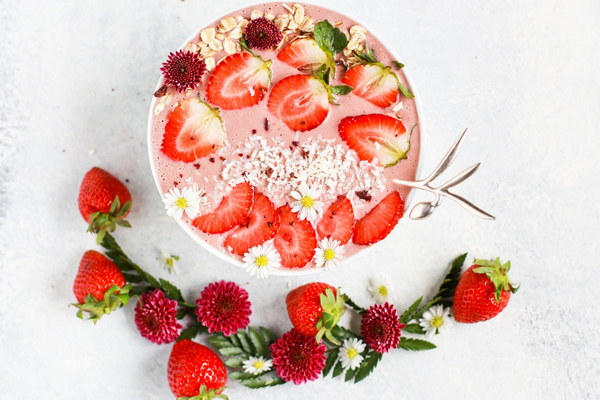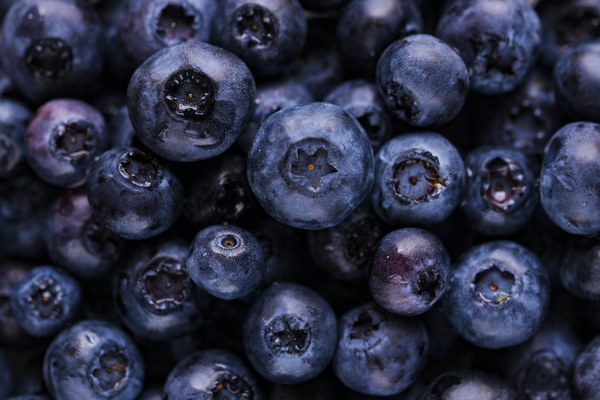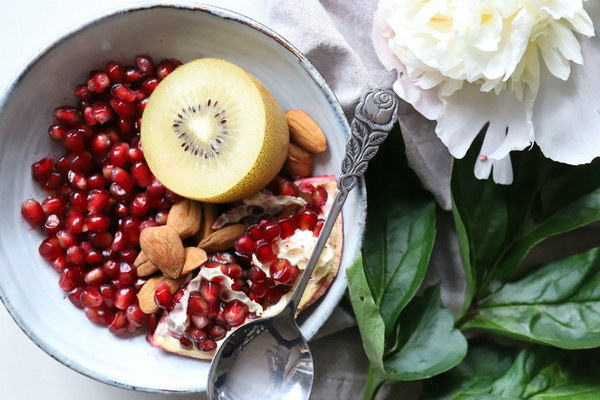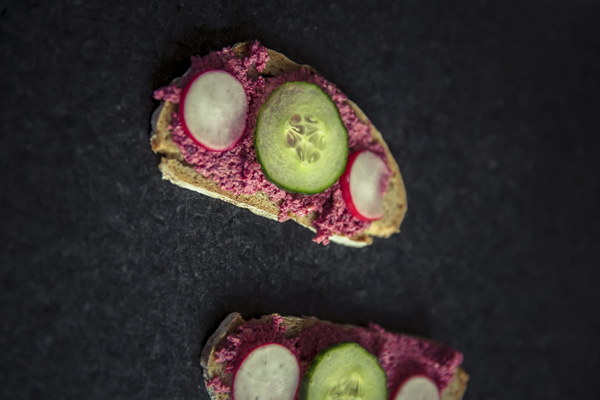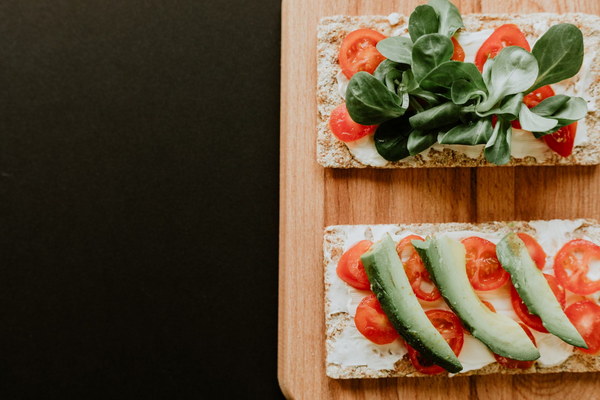Boosting Your Little One's Health A Guide to Nutritious Foods for Toddlers
Introduction:
Raising a healthy toddler is every parent's top priority. Ensuring that your child receives the right nutrients at an early age is crucial for their growth and development. In this article, we will explore the best foods that can help boost your little one's health and provide them with the necessary nutrients for a strong and vibrant childhood.
1. Fruits and Vegetables
It's no surprise that fruits and vegetables are at the top of the list for a healthy diet. These foods are packed with vitamins, minerals, and antioxidants that can help protect your child from diseases and support their immune system.
- Apples: A great source of fiber, vitamin C, and antioxidants.
- Carrots: High in beta-carotene, which helps maintain healthy vision and skin.
- Blueberries: Rich in antioxidants and fiber, which can aid in digestion and brain development.
- Broccoli: Loaded with vitamins A, C, and K, as well as iron, calcium, and potassium.
2. Whole Grains
Whole grains are an excellent source of energy and essential nutrients. They can help your child maintain a healthy weight and reduce the risk of chronic diseases later in life.
- Oats: Rich in fiber, vitamins, and minerals, oats can improve heart health and digestion.
- Brown rice: A whole grain that provides energy and helps regulate blood sugar levels.
- Quinoa: A complete protein, quinoa is high in fiber, vitamins, and minerals.
3. Lean Proteins
Protein is essential for growth and repair of body tissues. Lean proteins are also lower in fat, making them a healthier choice for your child.

- Chicken breast: A lean source of protein, low in fat, and rich in vitamins and minerals.
- Tofu: Made from soybeans, tofu is an excellent plant-based protein source, high in iron and calcium.
- Eggs: A complete protein with essential amino acids, vitamins, and minerals.
4. Dairy Products
Dairy products are a great source of calcium, which is essential for strong bones and teeth. Choose low-fat or fat-free options to reduce the risk of excess calories and saturated fat.
- Milk: A good source of calcium, vitamin D, and protein.
- Yogurt: High in probiotics, which can improve gut health and digestion.
- Cheese: A source of calcium, protein, and other nutrients.
5. Healthy Fats
Healthy fats are important for brain development and overall health. Include sources of unsaturated fats in your child's diet.
- Avocado: High in monounsaturated fats, fiber, and vitamins.
- Nuts and seeds: Almonds, walnuts, chia seeds, and flaxseeds are all excellent sources of healthy fats, protein, and fiber.
- Olive oil: A heart-healthy fat that can be used in cooking and as a salad dressing.
Conclusion:
By incorporating these nutritious foods into your toddler's diet, you can help ensure they receive the necessary nutrients for healthy growth and development. Remember to offer a variety of foods and encourage your child to explore different flavors and textures. With a balanced diet, your little one will be on their way to a healthy and vibrant childhood.
